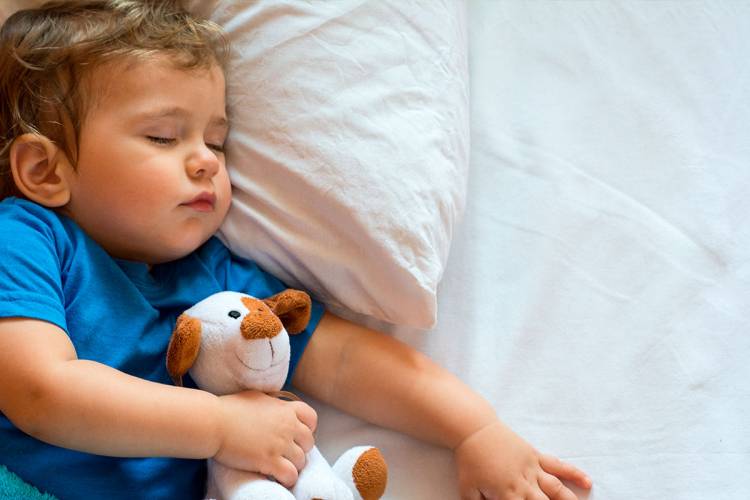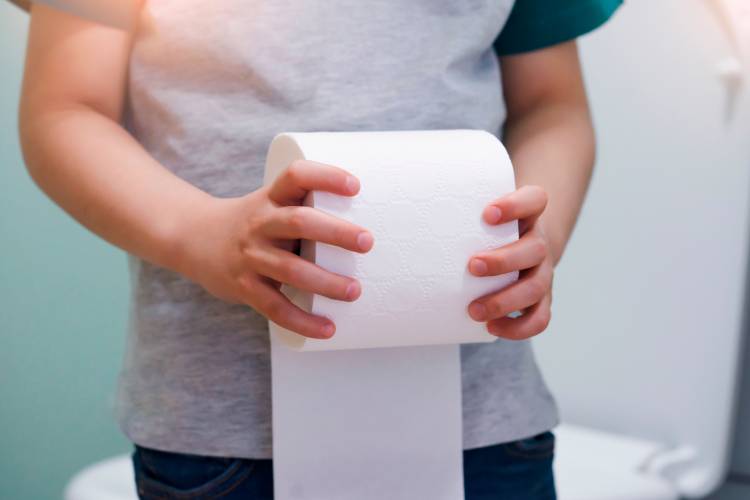Nocturnal enuresis: what is it?
Nocturnal enuresis affects mainly children. Although it’s not a serious problem, helping them with pediatric and emotional support is important! Find out more!
child care
Share

Nocturnal enuresis or nighttime incontinence is the condition whereby a child urinates involuntarily while they are asleep, over a prolonged period of time and at an age when they are expected to be able to control their bladder. Although in most cases it’s not a serious problem, nocturnal enuresis can be frustrating for a child, which can affect their self-esteem and their relationships with friends or classmates outside of the home. We will now discuss some of the possible causes and give you some advice to put into practice.
Around what age does nocturnal enuresis occur in children?
Nocturnal enuresis usually occurs in children above 5 or 6 years of age as, up until then, children may still be learning to control their sphincters or bladders during the night. This nighttime incontinence is a common disorder, which can go on into adolescence; a difficult age in which, if not treated sensitively, as something natural and with understanding, can lead to serious problems with a child’s self-esteem. This can make it a more serious condition and can even cause this involuntary urination to be prolonged for a longer period of time.
Possible causes of nocturnal enuresis in children
Nowadays, there is no specific cause that is thought to trigger nocturnal enuresis, but some of the possible causes may be due to the following:
1. A family history of nocturnal enuresis: nocturnal enuresis has a high genetic component because, if parents suffered from it in their childhood, then the children are also at higher risk of suffering from it.
2. Excessive urine production during the night: some foods have a high-water content and can encourage urine production during the night.
3. Lack of maturity: being under 6 years of age, having a small bladder or not being able to recognise when it is full, due to the nerves which control this area being slow to develop.

4. Episodes of stress or anxiety: some stressful situations such as a divorce, the arrival of a new family member, starting a new stage at school or sleeping away from home can be triggers of nocturnal enuresis.
5. A medical problem: in some cases, nocturnal enuresis can be a sign of an underlying health problem. It is advisable to visit a health care professional or a doctor in the case that the child is over 7 or 8 years of age, the incontinence has been triggered by a trauma of some kind, is accompanied by pain when urinating, the child is unusually thirsty, or the urine is a strange colour.
Tips to help manage nocturnal enuresis in children
- Positive psychology and normalising the situation.
- Encouraging the child to urinate regularly during the day and, most importantly, not to hold their urine and to ask to go to the toilet during school hours.
- Maintaining an adequate intake of fluids before bedtime.
- Going to the toilet before bedtime.
- Rewarding the child with prizes and praise when they manage not to urinate during the night.
- Using alarms to help teenagers not to wet the bed, or making the child get up during the night to go to the toilet.
- Using night nappies.






